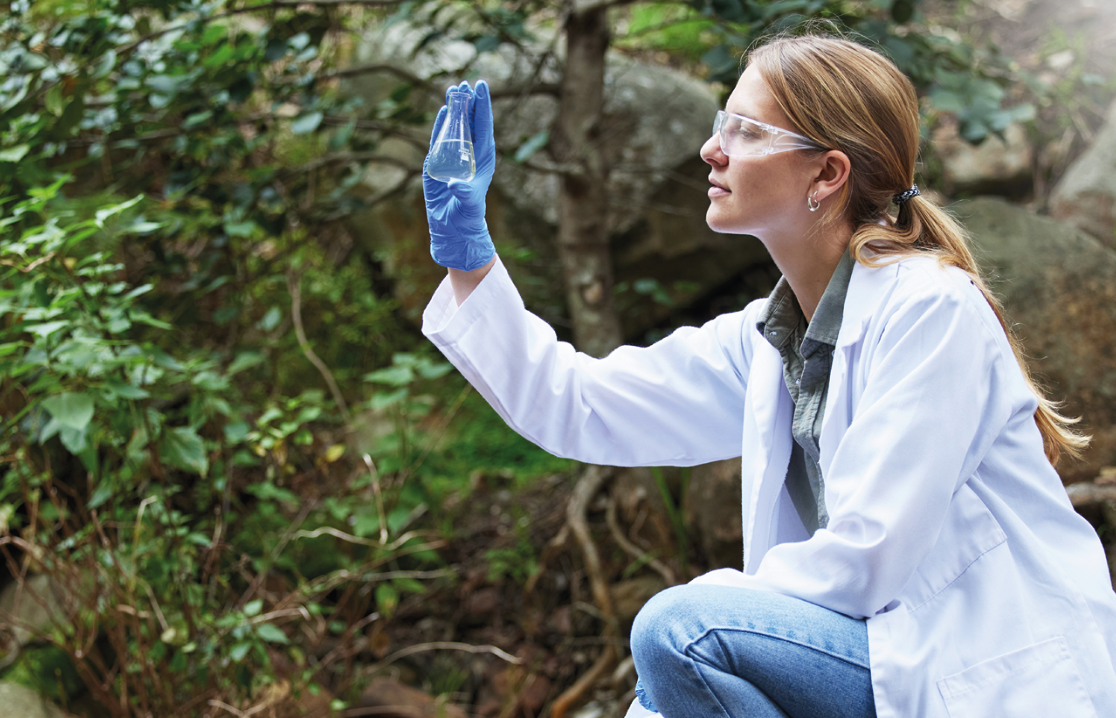
Florida welcomes more than 125 million tourists annually and facilitates trade through its many seaports. Meanwhile, disease-carrying insects are also making the journey and settling in the state.
If we look at the ancient war between humans and mosquitoes, unfortunately, the insects always win!
The evidence is that last year, for the first time in decades, Florida and Texas reported cases of locally acquired malaria. Which raises concerns about cases of dengue and Zika. We must prevent the problem from becoming persistent. Since prevention doesn't always live up to the adage, Florida is trying to do its part differently.
Fierce struggle
Using bioengineering, scientists have developed tools they believe can help control and ultimately eliminate mosquitoes that carry these viral and parasitic diseases. “The good news is that we have these emerging technologies that show great promise in reducing the population of Aedes aegypti mosquitoes, which transmit these pathogens,” says Andrea Leal, Florida Keys mosquito control officer.
Over the past three years, the specialist company Oxitec has been testing new methods of combating mosquitoes. Released a limited number of genetically modified male mosquitoes in the Florida Keys.
Genetic modification of male mosquitoes ensures that when they mate, they produce a generation of females that die before reaching adulthood. Remember that only female mosquitoes bite and spread diseases.
results
Oxitec has not yet published results from its trials in Florida, but in a 2022 study in Brazil, the company showed that the technology reduced mosquito populations by more than 90% in some areas.
Entomologist Eric Carragata of the University of Florida says there is a growing body of evidence that gene-editing technology will be an important tool in reducing the spread of these diseases that cause persistent, sometimes permanent, muscle pain, various discomforts, and sometimes fatal fevers.
“If you use a product like genetically modified insects, you have the ability to dramatically reduce the number of mosquitoes in a given area, and that is accompanied by a reduction in the number of diseases,” he says.
For the convenience of visitors
Texas has a similar type of profile to Florida in terms of commerce and tourism. In the wake of locally reported malaria cases in both states, public resistance to the release of these genetically modified mosquitoes has begun to fade.
Residents and visitors can sleep peacefully. The trials, conducted in the Florida Keys for three years, demonstrate to the public, as well as state and federal regulatory agencies, that this technology is safe and effective for the environment and humans.
According to the latest global report from the World Health Organization, about 241 million malaria cases and 627,000 deaths were reported in 2020. This represents about 14 million additional cases compared to 2019, and 69,000 additional deaths. About two-thirds of these additional deaths (47,000) were linked to disruptions in the supply and distribution of prevention, diagnostic and treatment services during the epidemic.
Although Florida has only just begun reporting cases of malaria, scientists are now wondering how quickly they can deliver genetically engineered mosquito technologies to the communities that need them most, not just in other states across the country, but around the world.

:quality(70):focal(1515x1438:1525x1448)/cloudfront-eu-central-1.images.arcpublishing.com/liberation/X7T4FCTMWVF2NACF35CCUHUPTE.jpg)




